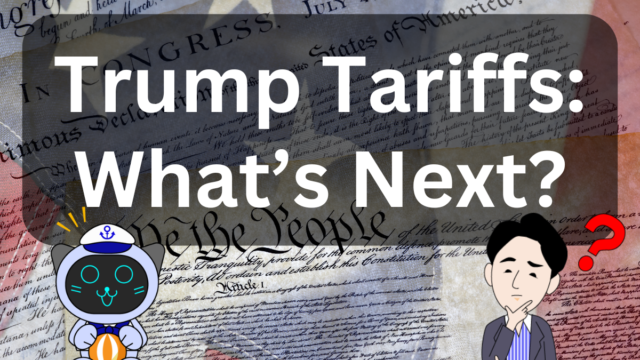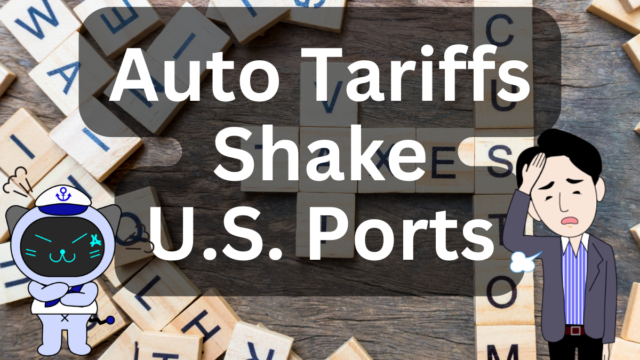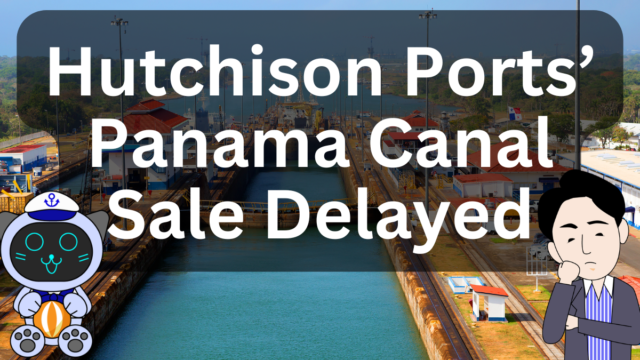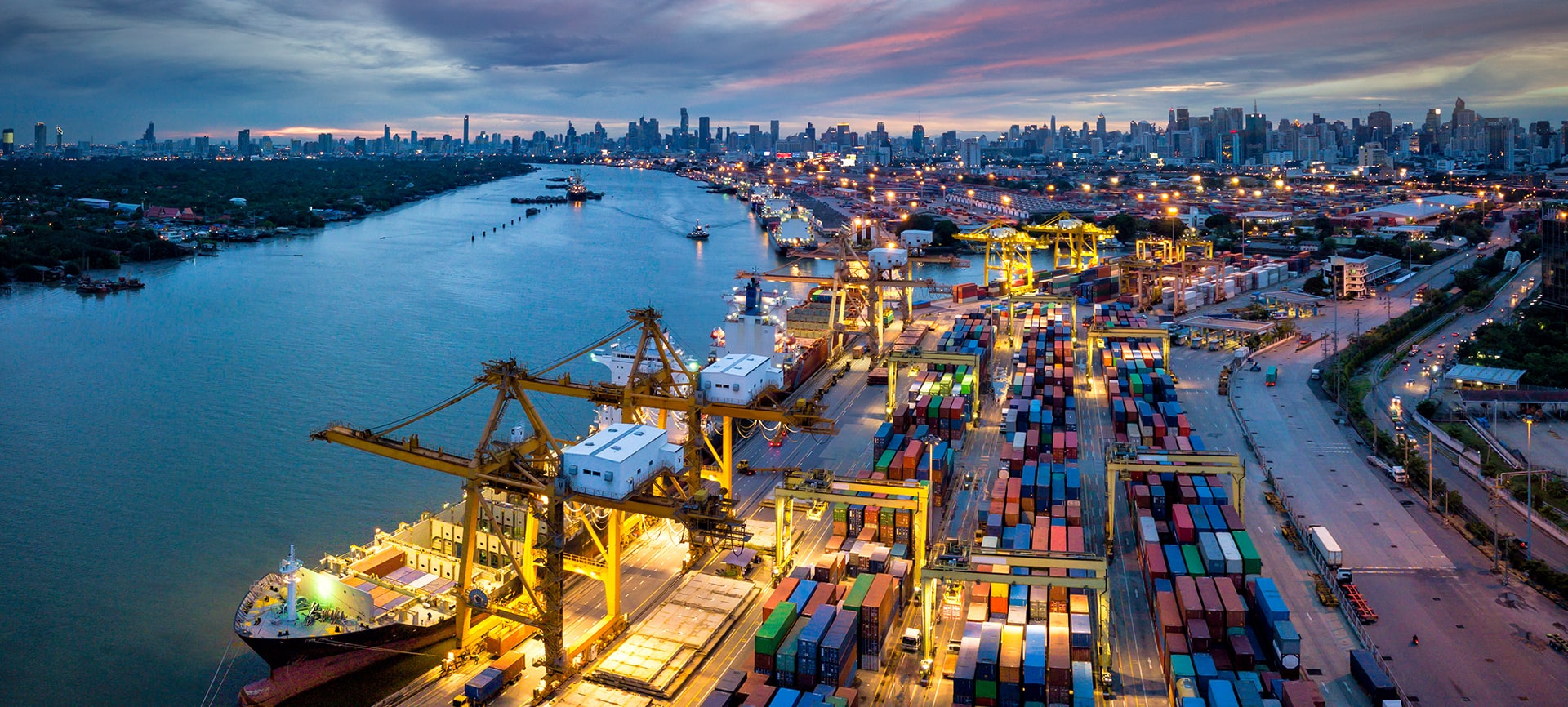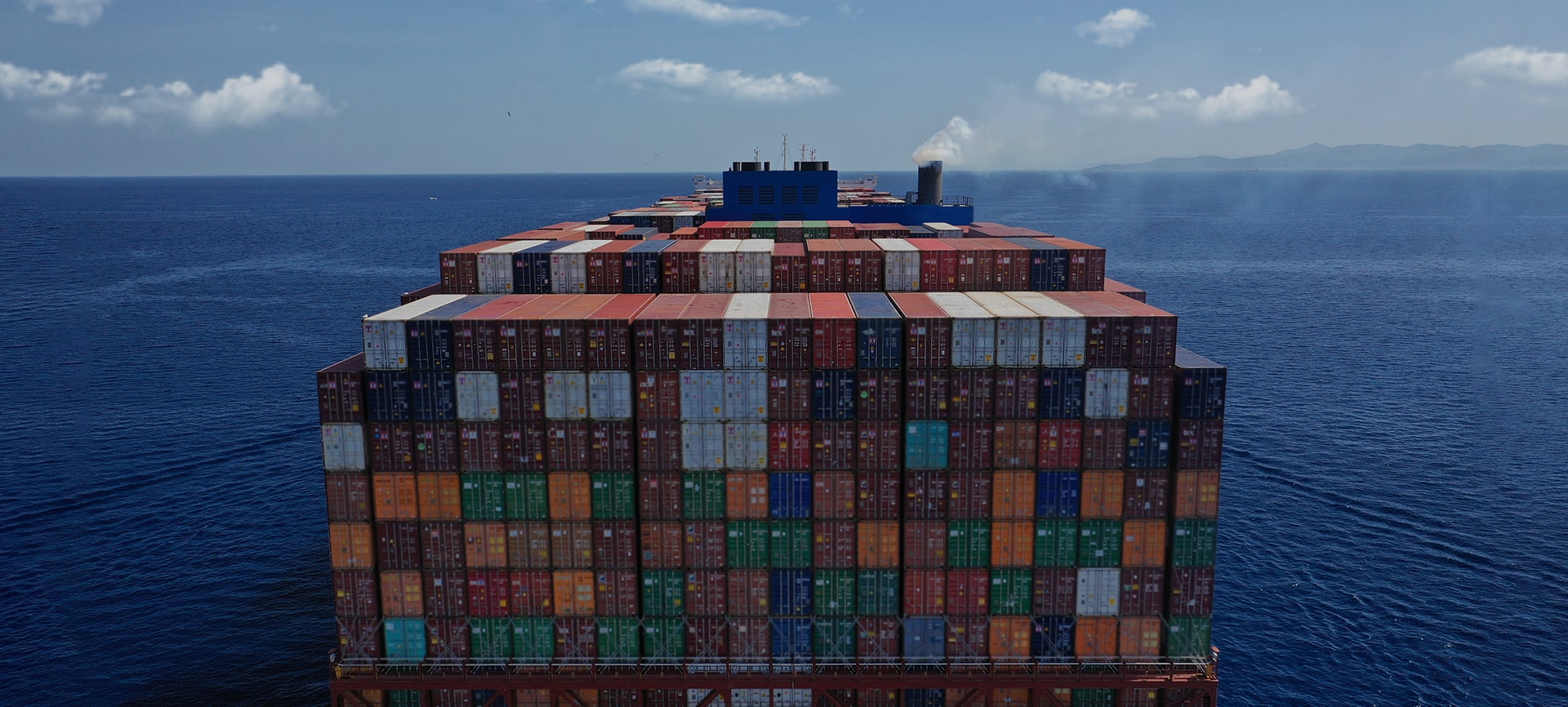Posted on: March 12, 2025 / Last updated: March 12, 2025
U.S. Port Fees for Chinese Ships Surge: Economic and Security Impact
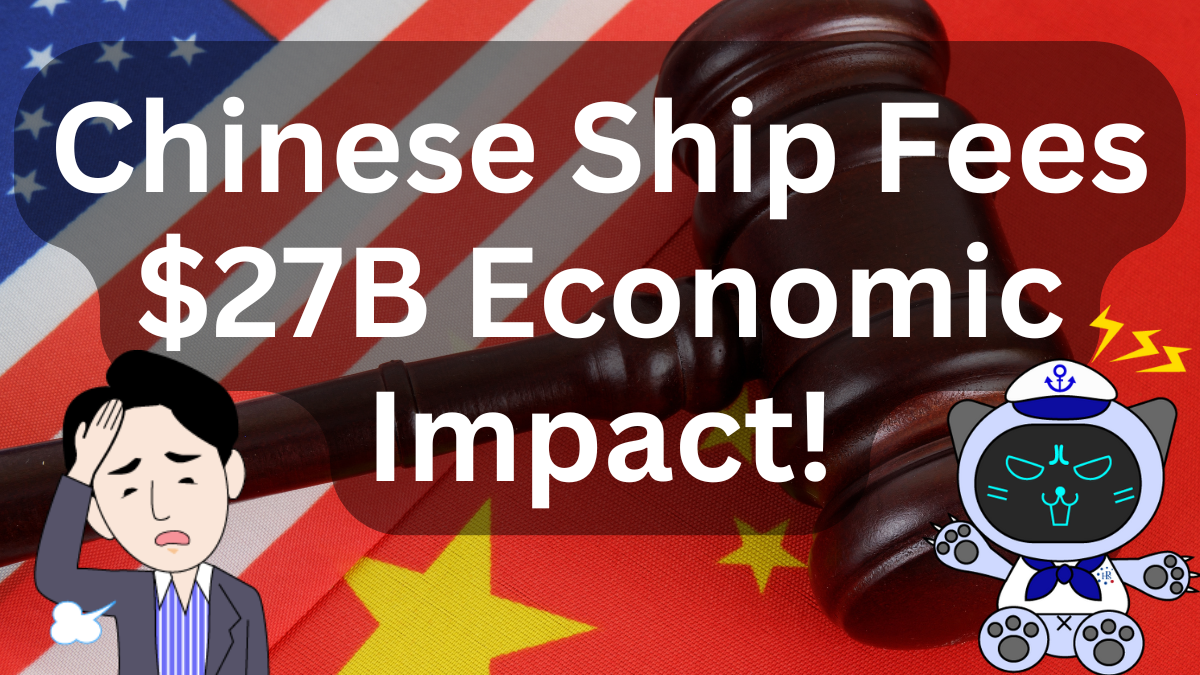
The U.S. is considering increasing port fees for Chinese ships, which could raise import costs and impact consumers.
Additionally, this policy may have national security implications. This article explains the background and potential effects.
CONTENTS
Higher Port Fees for Chinese Ships
The U.S. plans to impose higher port fees on Chinese ships.
Chinese-operated vessels may face fees of up to $1 million, while Chinese-made ships could pay up to $1.5 million.
If implemented, import costs could rise by more than 20%, leading to higher consumer prices.
Economic Impact: Rising Costs and Inflation
The World Shipping Council (WSC) warns that this policy could severely impact the U.S. economy.
Industries such as energy, agriculture, and manufacturing could suffer, and port workers may face job uncertainty.
The U.S. already imposes a 20% tariff on Chinese goods.
Additional port fees could further drive up costs and accelerate inflation.
Security Concerns: Strengthening U.S. Maritime Industry
This policy also aims to boost national security.
The Maritime Security Program (MSP) ensures that U.S. ships can support military transport during crises.
Currently, Chinese ships dominate global shipping, while U.S. vessels are limited.
This policy may help strengthen the American shipping industry rather than merely targeting China.
What’s Next?
If enacted, this policy will significantly impact trade between the U.S. and China.
Rising transport costs could reshape the logistics industry.
With potential shifts in maritime policies, continued monitoring is essential.


![[Industry Trends] MSC Becomes First to Reach 900 Vessels! Focus Shifts to North-South Routes with Independent Operations | IINO san's Logistics News](/wp-content/uploads/2025/04/20250417en-640x360.png)
![[Maritime Shipping Now] Container Freight Rates Remain Flat – What Lies Ahead? Impact of US-China Tensions | IINO san's Logistics News](/wp-content/uploads/2025/04/20250415en-640x360.png)

